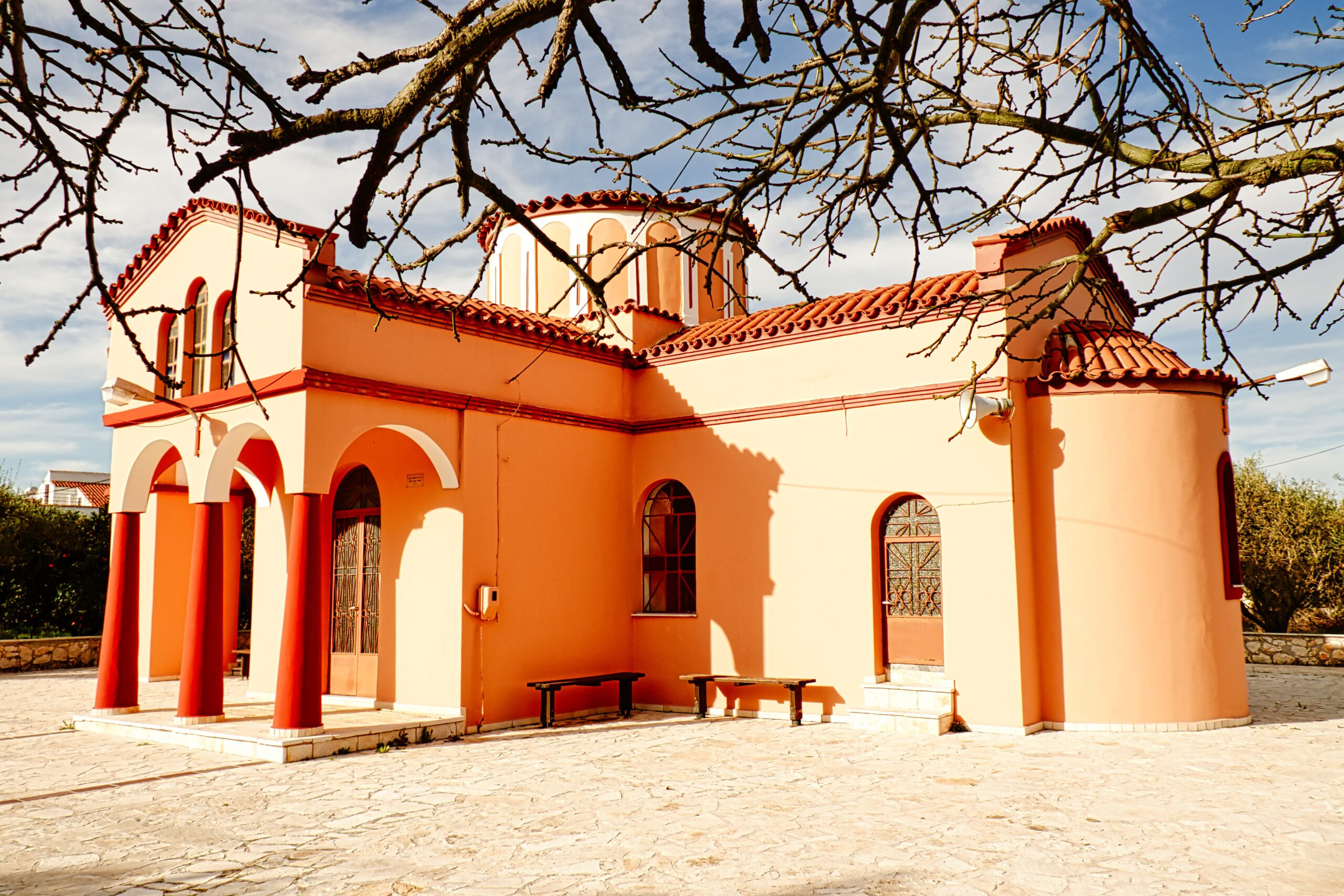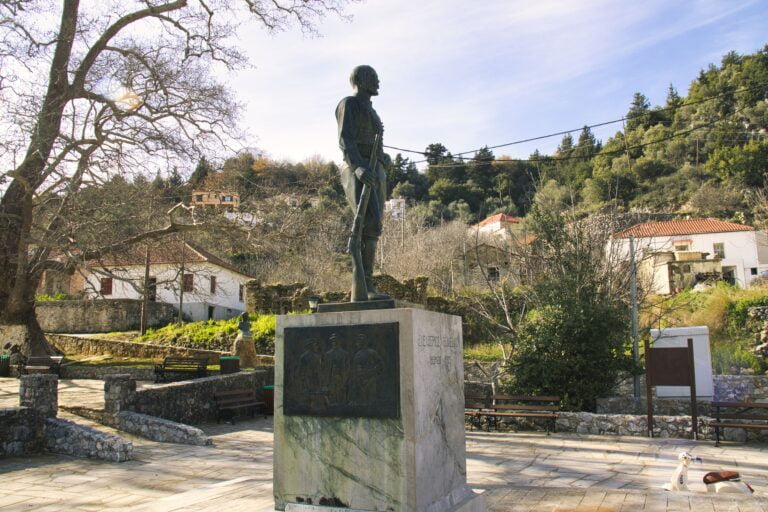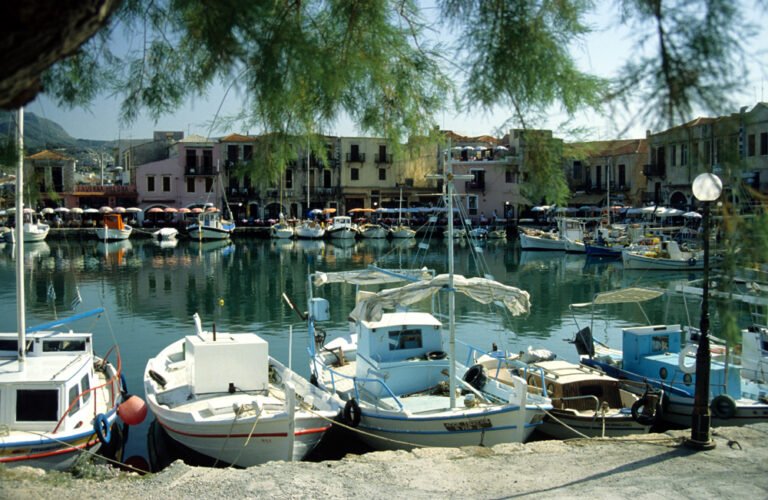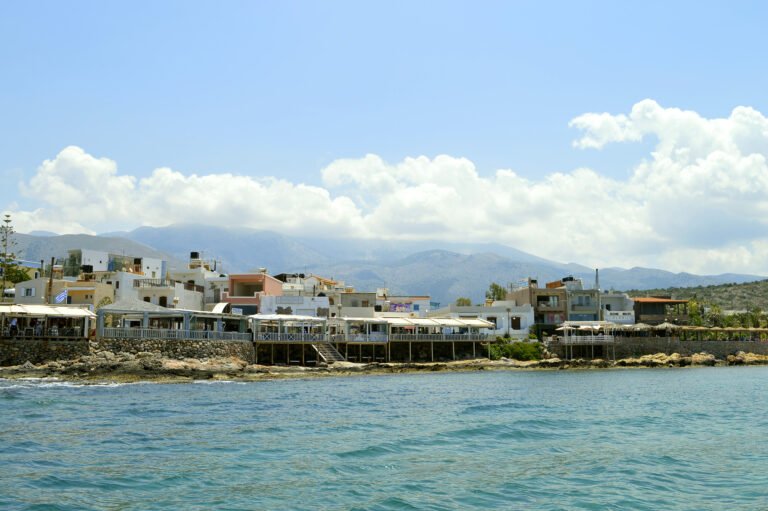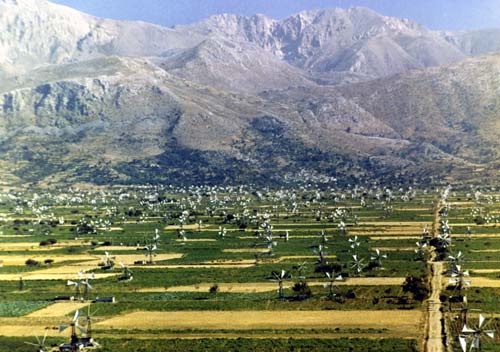The Legacy of Agios Therapon: A Testament of Faith and Healing in Crete.
Agios Therapon, a name revered and cherished in the annals of Orthodox Christianity, particularly in Crete, resonates with a rich tapestry of faith, martyrdom, and miracles. This article delves into the life of Agios Therapon, the history of his relics, and the singular reverence he holds in Crete.
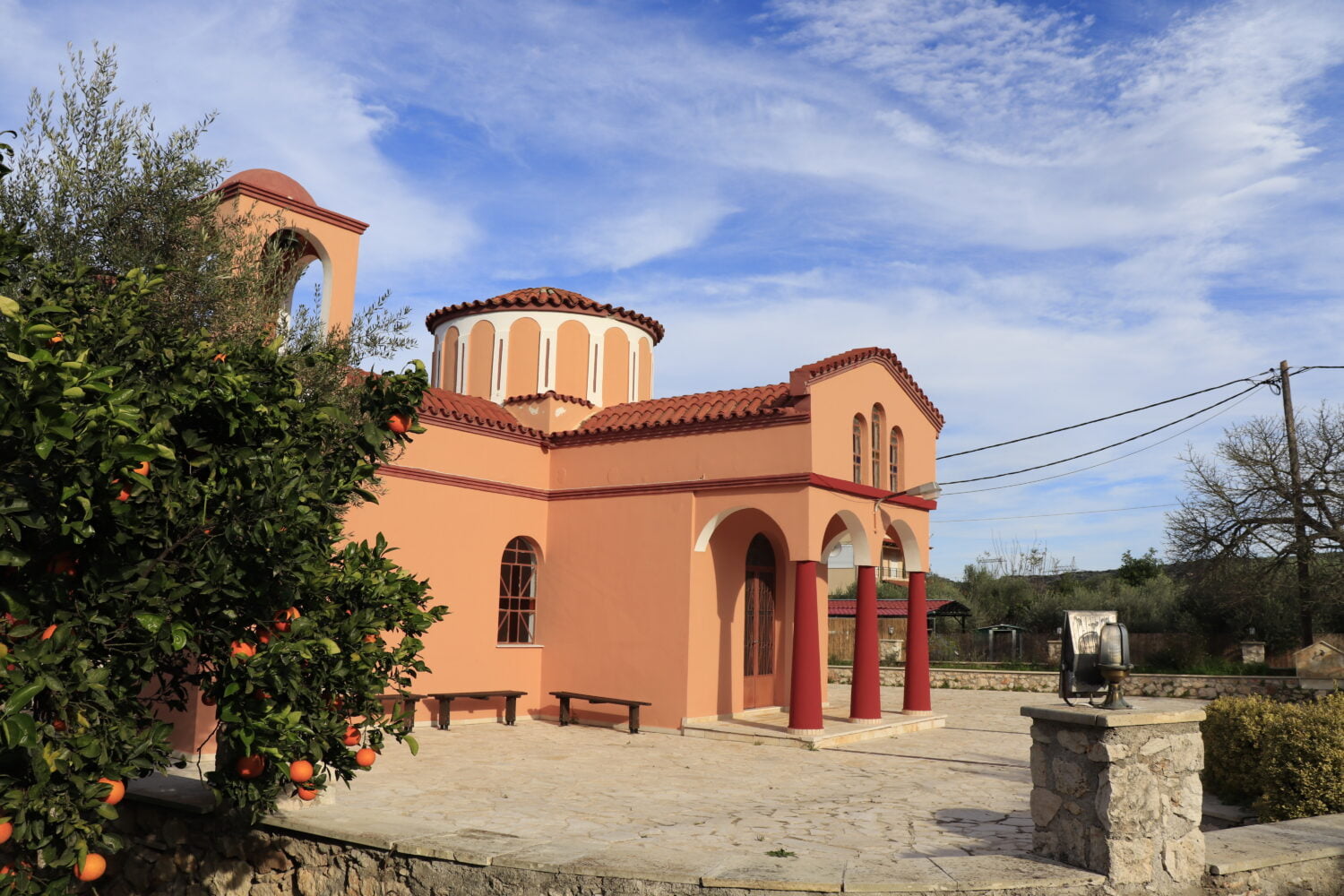
The Martyrdom of Agios Therapon
Early Life and Spiritual Journey
Agios Therapon’s journey began in Anatolia, a region known for the flourishing of monasticism. Raised by devout parents, he was drawn to a life of piety and service to God, eventually embracing monasticism. His spiritual journey led him to become a monk and ascetic on the island of Cyprus. There, he was ordained as a deacon, then a priest, and eventually rose to the rank of a bishop, replacing his predecessor who had passed away.
Persecution and Martyrdom
During a period of intense persecution of Christians, Agios Therapon’s unwavering faith led him to a higher calling: martyrdom. He tirelessly worked to bring many Greeks to the Christian faith, facing brutal persecution by the pagans. His tormentors subjected him to starvation, imprisonment, and severe flogging. Even in the face of such inhuman cruelty, where his flesh was stripped from his bones, Agios Therapon’s faith did not waver. Miraculously, the posts to which he was bound sprouted into trees, from which many sick people were healed. His martyrdom, under the reign of Emperor Valerian around 259 AD, was a testament to his unshakeable faith and dedication to God.

The Odyssey of His Relics
From Cyprus to Constantinople
Initially, Agios Therapon’s body was laid to rest in a church in Cyprus. However, during the reign of Emperor Nicephorus in 806, when the Hagarenes attacked Cyprus, the Saint appeared to a verger, instructing him to move his relics to Constantinople. The transportation of his relics was marked by a divine phenomenon: a storm raged around the ship carrying them, but the sea remained calm in the immediate vicinity of the vessel, and a sweet fragrance emanated from the casket. Many who were sick anointed themselves with the myrrh flowing from the Saint’s relics and were healed.
The Healing Power of the Relics
In Constantinople, a church was erected over the relics of Agios Therapon. These relics continued to be a source of miraculous healing for those who approached them with faith. People suffering from various severe ailments, including paralysis, cancer, haemorrhage, and even insanity, found solace and cure through the Saint’s intercession.
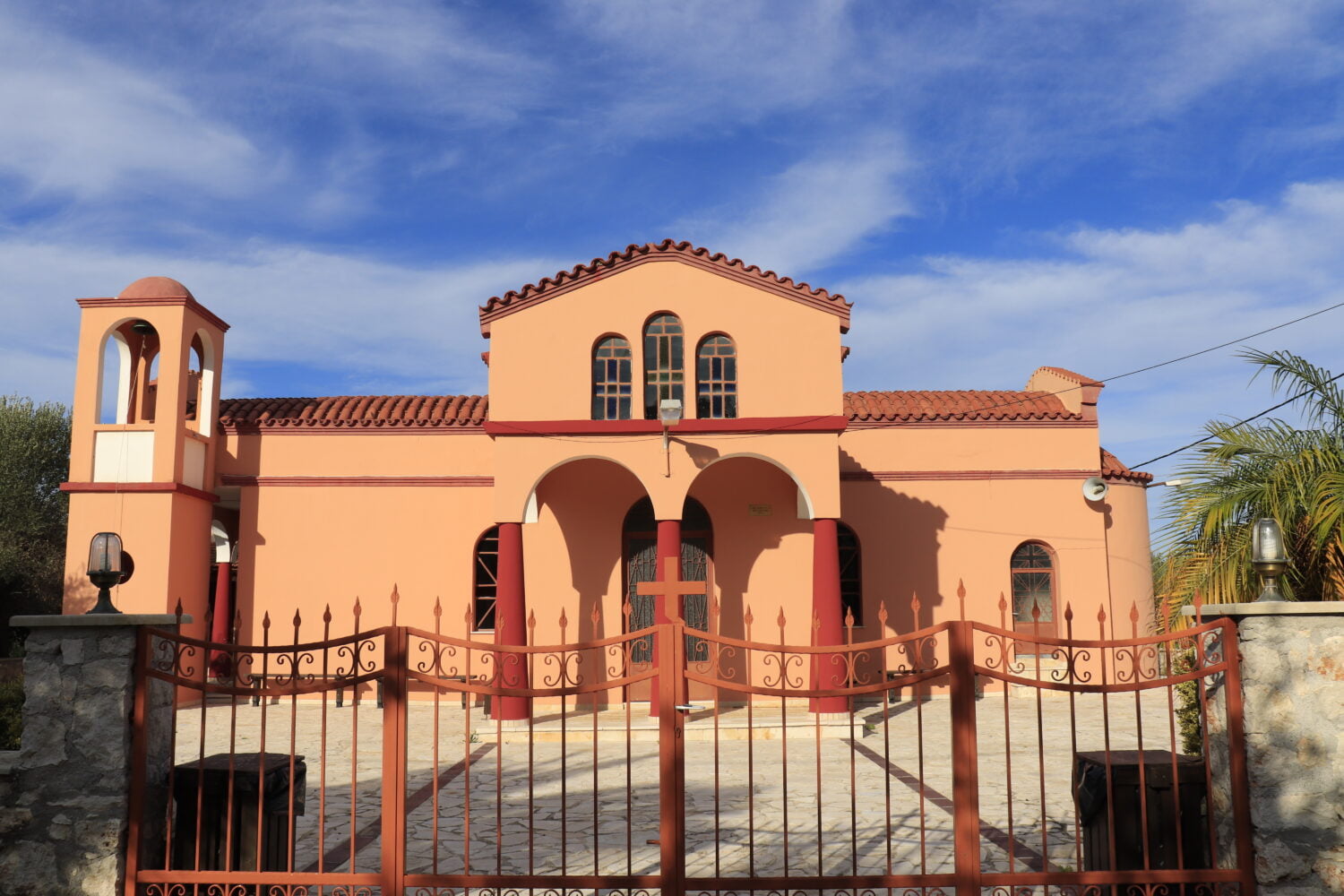
Agios Therapon in Crete
The Singular Church and Icon
In Crete, the presence of Agios Therapon is symbolized by a solitary church and a unique icon, embodying the island’s special connection to the Saint. This isolated representation in Crete underscores the distinctive reverence held for Agios Therapon within the local Christian community.
The Church’s Construction and Significance
The church of Agios Therapontas is located in a village in Crete. In Byzantine rhythm, it was built in 1971. The church celebrates the memory of Saint Therapon on May 14th.
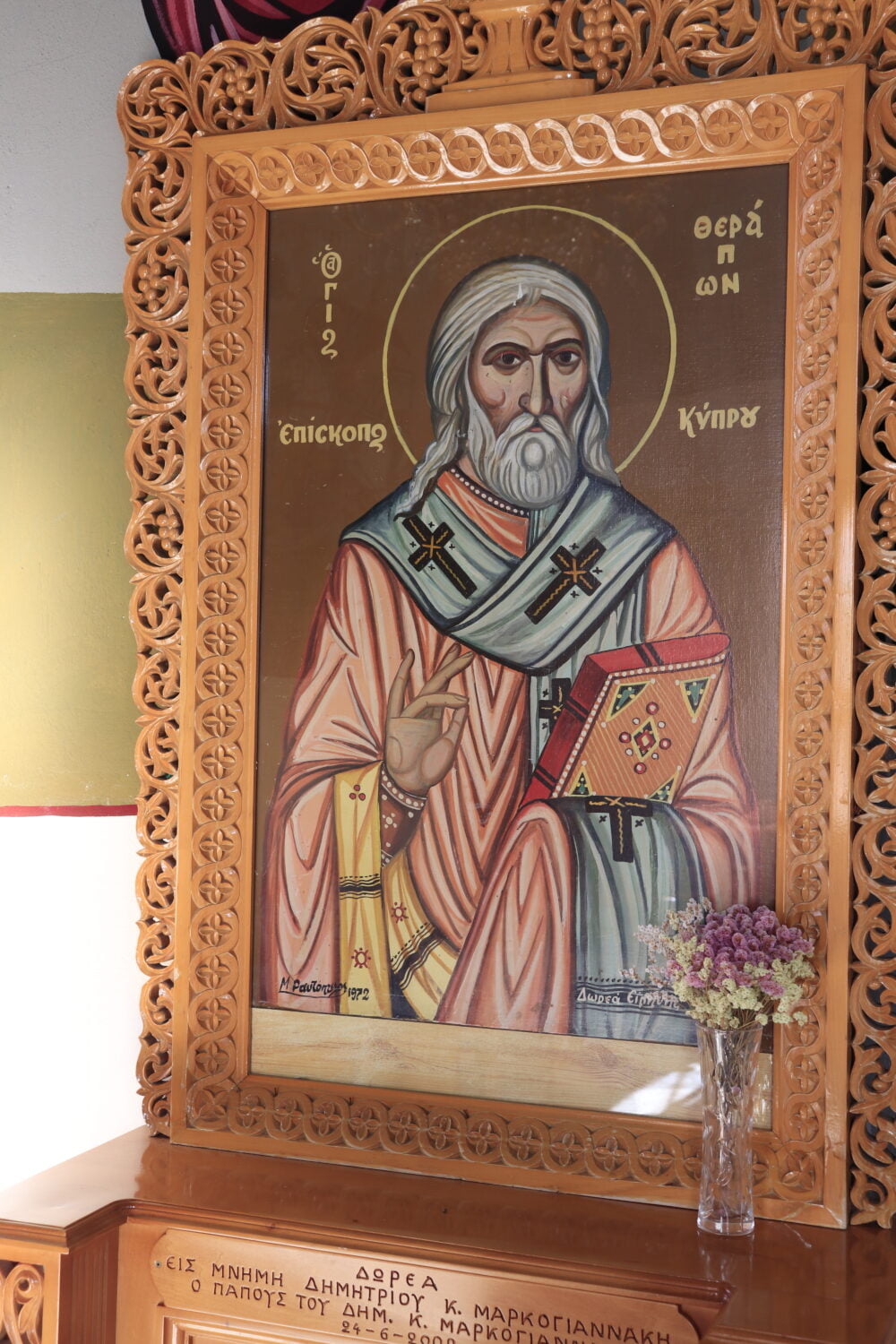
Agios Therapon’s Impact on Crete
The story of Agios Therapon in Crete is not just about a physical structure or an icon. It’s a narrative woven into the fabric of the island’s religious life, representing a deep-rooted spiritual connection to a saint who epitomizes resilience, healing, and unwavering faith.
Conclusion
The saga of Agios Therapon, from his early life in Anatolia to his final resting place in Constantinople and his enduring presence in Crete, Greece, is a compelling narrative of faith, healing, and divine intercession. His life and the journey of his relics tell the story of a man who, even in death, continued to serve as a beacon of hope and a source of miraculous healing. In Crete, his legacy is singularly cherished, encapsulated in the solitary church and icon dedicated to him, making his story not just one of historical significance but of enduring spiritual relevance.
Table of Contents
Views: 44

